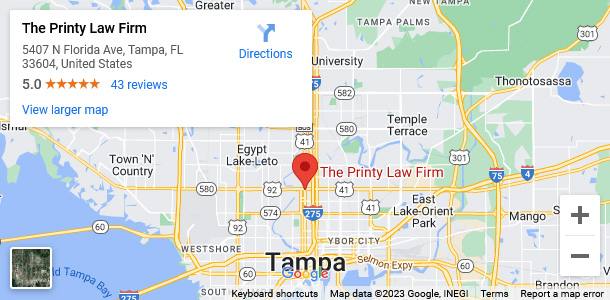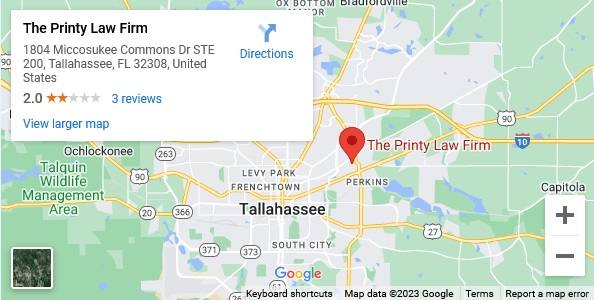Florida’s bad faith insurance laws allow a policyholder to sue her insurer if it has denied her claim or resolved it unsatisfactorily. Victims of a tort can also bring bad faith claims if an insurance company failed to resolve a claim when it had a reasonable opportunity to do so. A policyholder has a strong bad faith claim when their insurer wrongly denies coverage for a claim, fails to settle a claim against her, and exposes her to a judgment in excess of her policy limits. Learning the difference between first party and third-party bad faith can equip a victim of insurance bad faith to better protect their legal rights.
Elements of Insurance Bad Faith
Under Florida law, any insured or claimant may bring a civil action against an insurer when that person is injured by the following acts of the insurance carrier:
- Not attempting to settle claims in good faith when a fair settlement is possible;
- Making claims payments to insureds without letting them know of the coverage under which payments are being made; or
- Failing to promptly settle claims under one portion of the insurance policy coverage in order to influence settlements under other portions of the insurance policy coverage.
What is First-Party Bad Faith?
Essentially, a policyholder can bring a first-party bad faith insurance action against their insurer based on the insurer’s wrongful denial, delay, or underestimated payout of the policyholder’s submitted insurance claim. Suppose that you are involved in a car accident, and you suffer an injury. You subsequently file an insurance claim for your injury, but your insurer denies your claim. If you can show that the insurer wrongfully denied your claim, then you may have a legitimat first-party bad faith insurance claim.
What is Third-Party Bad Faith?
A third-party bad faith claim may arise when a policyholder has been subjected to a lawsuit, and the insurer has stepped in to defend the action on the policyholder’s behalf. While defending the policyholder “the insurer must investigate the facts, give fair consideration to a settlement offer that is not unreasonable under the facts, and settle, if possible, where a reasonably prudent person, faced with the prospect of paying the total recovery, would do so.” Bos. Old Colony Ins. Co. v. Gutierrez, 386 So. 2d 783 (Fla. 1980). If the insurer fails to properly defend the claim or otherwise reach a settlement within the policy limits of your insurance coverage, the policyholder may be held personally liable for the excess damages. In other words, if the injured party gets a judgment for damages against the insured in excess of the insured’s policy limits, the injured party may file a claim against the insurance company for bad faith.
New Florida Law Makes it Harder to Sue Insurance Companies
HB-837, signed into law on March 24, 2023, in Florida, introduces changes to bad faith insurance claims. Insurers now have a 90-day window to offer the lesser of policy limits or the claimant’s demanded amount, making bad faith claims more challenging for policyholders.






